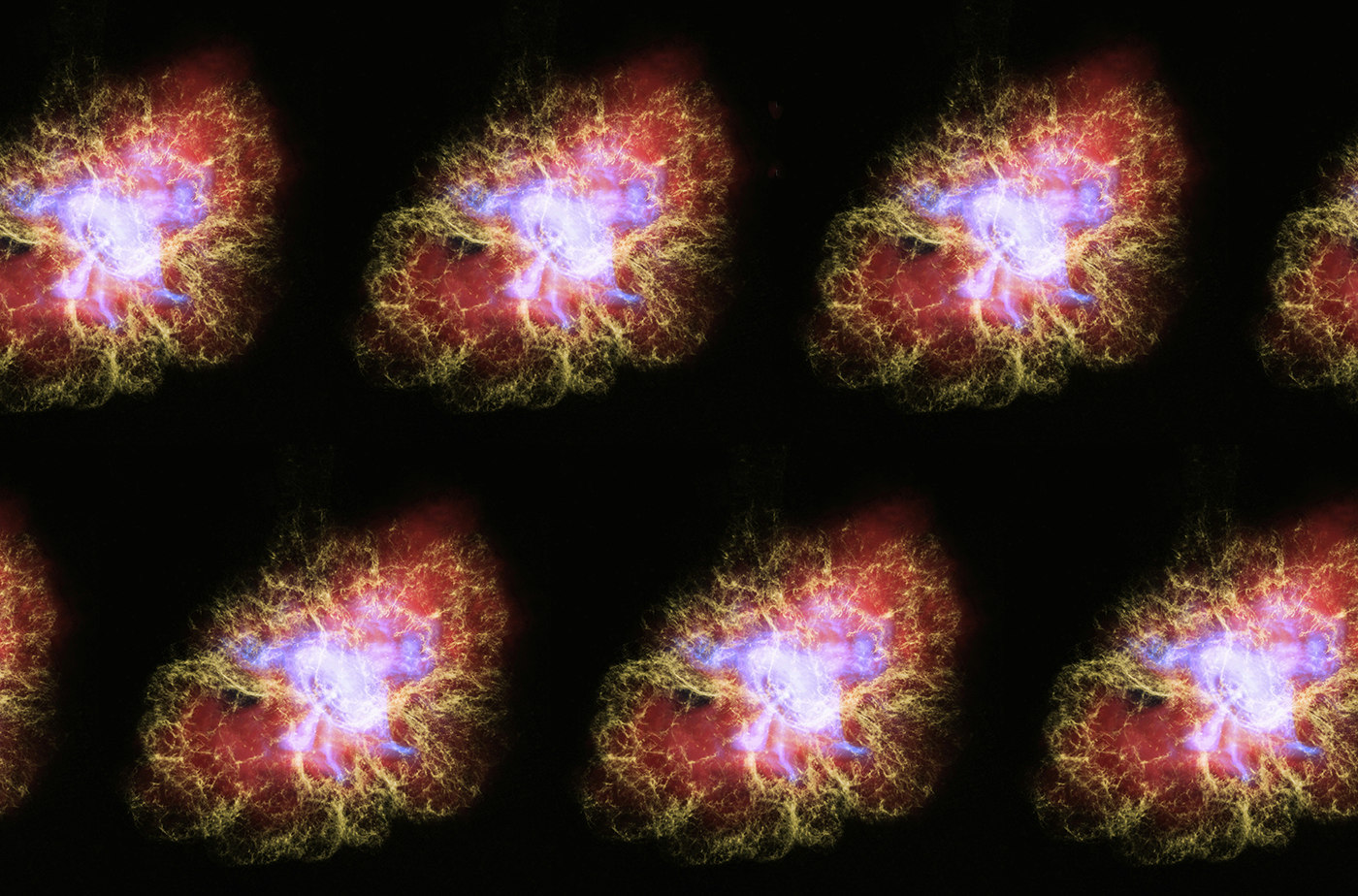A Dying Cow Giving Birth
In 2005, a high school junior named Alex Marvin auditioned for a national singing competition. He sang before a panel of three judges and a live television audience of millions, choosing The Righteous Brothers’ “Unchained Melody.” The judges openly laughed at and mocked his off-key warbling. One, famous for his unkind quips, remarked dryly: “It sounded like a dying cow giving birth.”
Humiliated, Alex fled the room. His mother, who’d brought him, hugged him tightly in the hallway as he tried not to cry. On the way home, his mother drove in silence as he balled the TV release in his fist and looked out at the city’s dull gray buildings. Overhead, unknown to him, the performance’s sounds floated off through the overcast sky and into space and clustered near the tail end of Earth’s hundred-light-year-thick bubble of radio waves.
Alex attended college at the University of Texas, where he was relieved to learn his performance wasn’t particularly well-known to his new classmates. He stayed far from music—asking friends to lower their jams and leaving bars when cover bands started up. In 2010, he accepted a job as a junior software engineer at an insurance company. He married in 2015 and welcomed his first son a few years later. Two more followed, and he settled into a reasonably happy life as a suburban dad. Now and then, he’d still think of his brief moment of fame and cringe.
His unintentional bending of notes evoked loss and uncertainty and beauty and love to their many ears.
When he died of heart failure at the age of sixty-six, the radio waves holding his youthful performance had only just reached a planet called R’jad as it orbited a star called 51 Pegasi.
R’jadian academics had been monitoring and studying Earth’s sounds for as long as they’d been arriving. Most of which they found primitive and dull. But Alex’s performance was different. They were astonished by the sweet, raw emotion of his tune. His unintentional bending of notes evoked loss and uncertainty and beauty and love to their many ears. His near misses of western scale notes were direct hits to notes in R’jadian scales. R’jadian bodies are partially hollow, allowing sound to reverberate along several dozen cochleae lining their interiors. And while “Unchained Melody” was written in a musical context dividing sound into twelves unique tones, R’jadian music divides into one-hundred and thirteen.
The recording spread quickly around R’jad’s numerous cities: playing in their open-air shops and meandering across their orange-grassed public squares. Tears streamed down their alien faces; their hearts palpitated. The song became a fixture in several R’jadian social rituals. Giant theoretical likenesses of Alex Marvin peered out from great murals.
But the R’jadians found one aspect baffling. The judge’s smug and cruel reactions seemed completely out of place, and no one could make sense of them. At length, scholars settled on a theory that, to Earth people, a “dying cow giving birth” meant a moment in life simultaneously mournful and hopeful and sad and perfect. And for a very long time R’jadians believed laughter was the normal human response to ethereal beauty.
Recommended
The Monstera
The Wild Women of Brigantine
The Salamander






